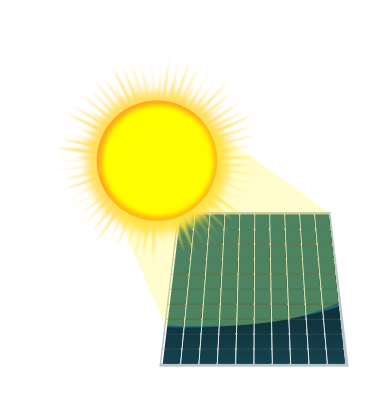I’m all for putting solar panels all over the place, but won’t these get dusty and oily and need loads of cleaning after trains pass over?
Also, costing €623,000 over three years sounds rather expensive for just 100m (although that roughly equates to 11KW).



I’m learning a lot about energy in Germany this way. Thanks! So basically farmers in Germany grow food to make fuel for cars? Like ethanol? Thats an abundance of agricultural lands!
Pumped hydro is great, but will only cover that much energy. Of course, there are no alps in the Nordics, but even so.
The batteries available today cover the need for an hour of the city they are situated in. That’s not enough. So for seasonal storage you’d need to store energy as heat, as chemical energy (wood/methanol) or as H2/bio, which I think is what you describe. H2 has much of the problems of batteries in terms of storage space and the risk of fires/explosions, which limits the possibilities somewhat. But if I’ve understood correctly from the TEN-T directive, Germany and Switzerland has invested pretty much in H2?
Heat pumps are great, and are indeed well used, they run out of steam when its below -5C, which isn’t rare up here. And it’s seldom used in cities. Heat pumps collecting hear from the bedrock (through a drilled 100m hole in the ground) is more common, but most common is district heating. (I got the name wrong in translation earlier)
Instead of one boiler in every house, there is one boiler per 50-100000 inhabitants or so. Efficiency is great and heat is pipes to where it is used. When it’s cold (-20 or so) those boilers go through tens of semitrucks of wood every day. And as I said, it’s a fairly common set up in parts of Europe, although i understand its not common i Germany.